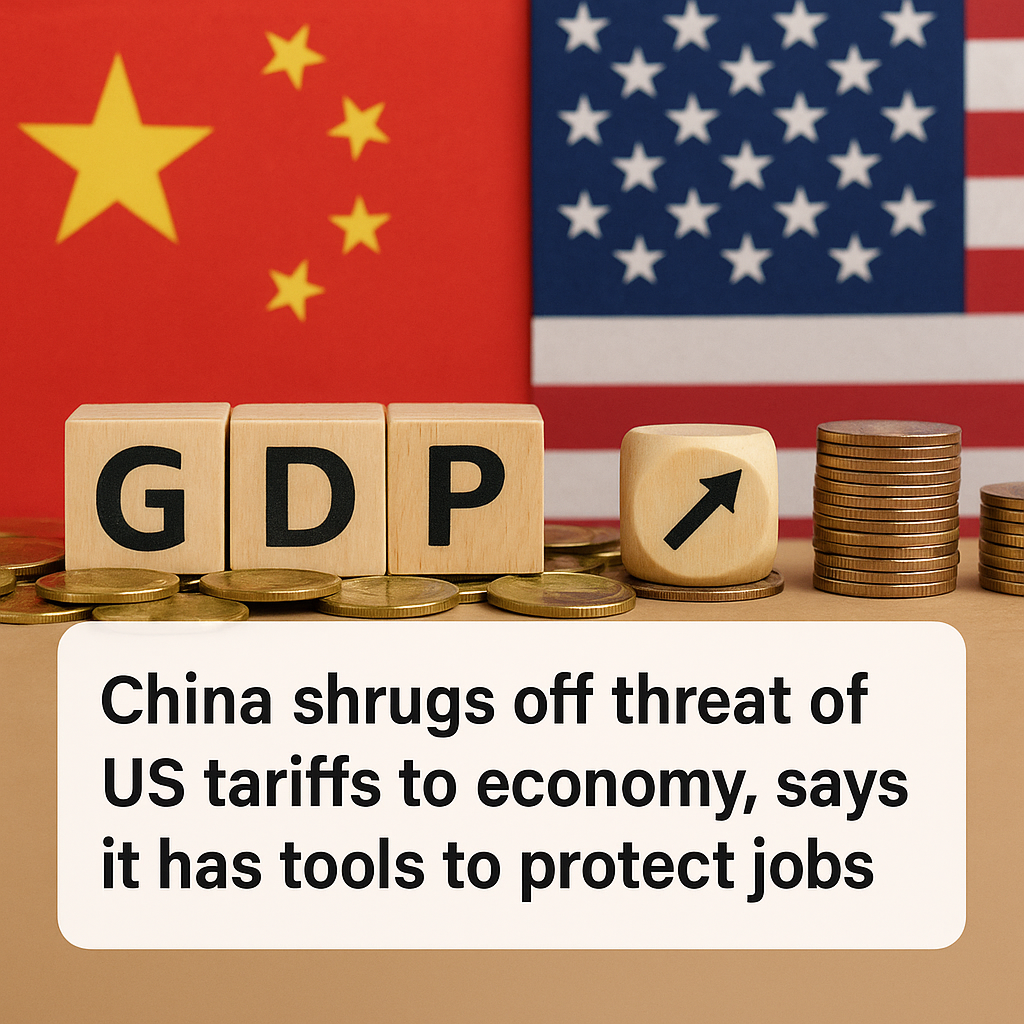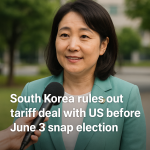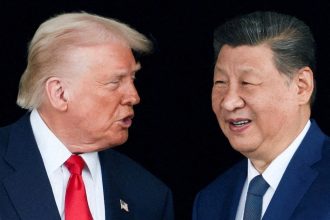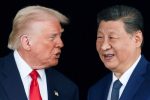BEIJING, April 28: Despite ongoing tensions from the US-China trade war, Chinese officials remain optimistic about their ability to safeguard jobs and mitigate the effects of higher tariffs imposed on Chinese exports by the United States.
On Monday, senior government officials addressed the public, reassuring citizens that China has the tools to maintain economic stability. These measures include easing lending conditions, offering support for businesses, and implementing policies to limit the impact of the up to 145% tariffs on Chinese goods exported to the US.
This reassurance follows a recent Politburo meeting, where Chinese leadership focused on finding ways to keep the country’s growth on track, even as exports slow down. Economists note that China’s policymakers seem prepared, but they stress the need for quick action to prevent economic slowdown.
Louise Loo, an economist at Oxford Economics, described the government’s approach as one of vigilance. “Chinese policymakers are on heightened standby mode,” she remarked, pointing out that these policies reflect previous approaches taken in response to global trade tensions.
Uncertainty still surrounds the status of negotiations between the White House and Chinese President Xi Jinping. President Trump recently mentioned that discussions regarding tariffs are ongoing, though US Treasury Secretary Scott Bessent stated that talks have yet to begin. China has firmly denied these claims, and in response to the tariffs, Beijing has imposed its own set of retaliatory duties, including a hefty 125% tax on US goods.
At a press briefing, Zhao Chenxin, Deputy Director of the National Development and Reform Commission (NDRC), made it clear that China views these tariffs as unfair and disruptive. “They make up bargaining chips out of thin air and go back on their words, undermining international trade rules,” Zhao said, emphasizing China’s resolve in rejecting what it perceives as economic bullying.
While the trade war has the potential to impact economies worldwide, including the US, China is also grappling with the lingering effects of the pandemic. However, officials are confident that the economy is still on track to grow at a target rate of 5% this year.
Yu Jiadong, Vice Minister of Human Resources and Social Security, assured the public that China has a robust employment policy toolkit. “We have the necessary support to ensure companies retain workers and foster entrepreneurship, even among the unemployed,” he said.
China is also adjusting to reduce its reliance on US imports, especially in the energy and agricultural sectors. Zhao mentioned that the country’s energy supply would not be affected by cuts in energy imports from the US, and the supply of grains like corn and soybeans would remain stable, as international markets can fill any gaps.
In addition, China’s central bank plans to take steps to support economic activity, including lowering interest rates and relaxing reserve requirements for banks. These measures are designed to encourage lending and stabilize the economy.
Looking ahead, Zhao pointed out that China’s strategy includes boosting domestic demand through policies that incentivize the purchase of new vehicles, appliances, and factory equipment. He also highlighted long-term plans for increasing urbanization, which could generate trillions in investments. “Our country has real potential to grow,” Zhao said, emphasizing China’s capacity to adapt and expand.
As tensions continue with the US, China’s leadership remains committed to protecting its workforce, fostering innovation, and ensuring the economy stays resilient.








